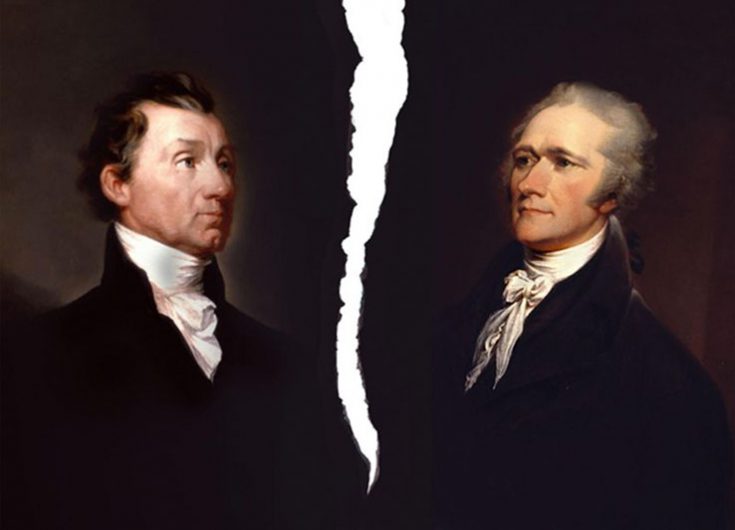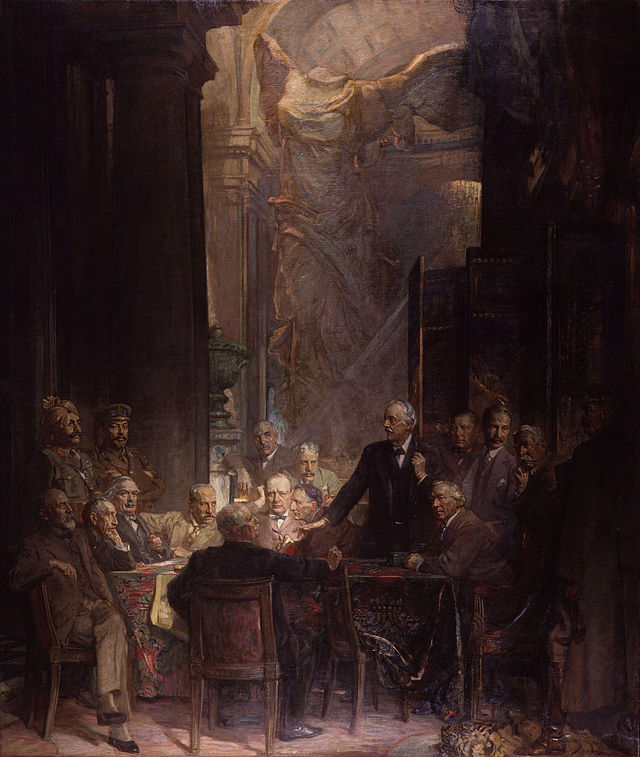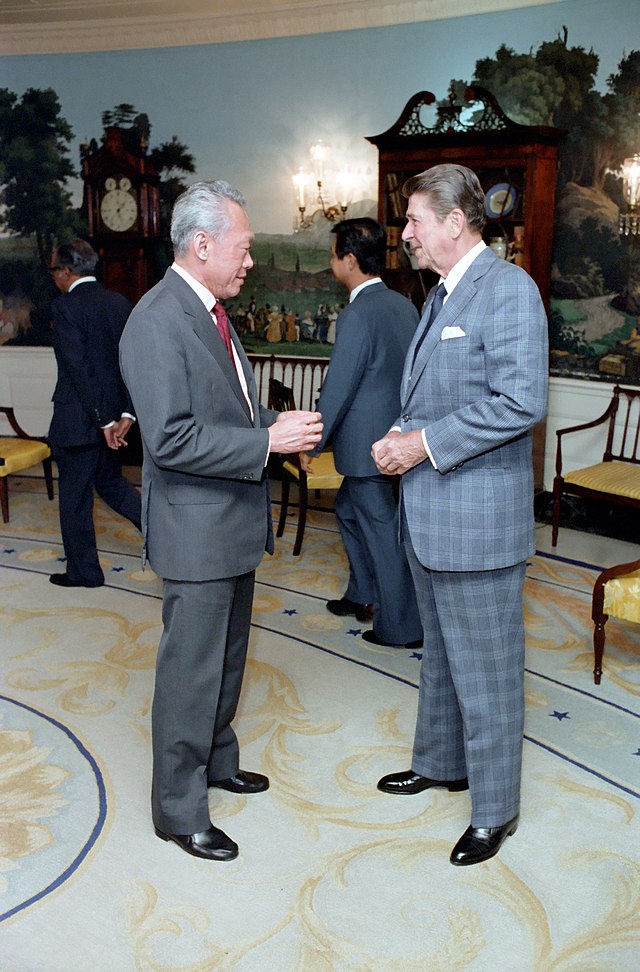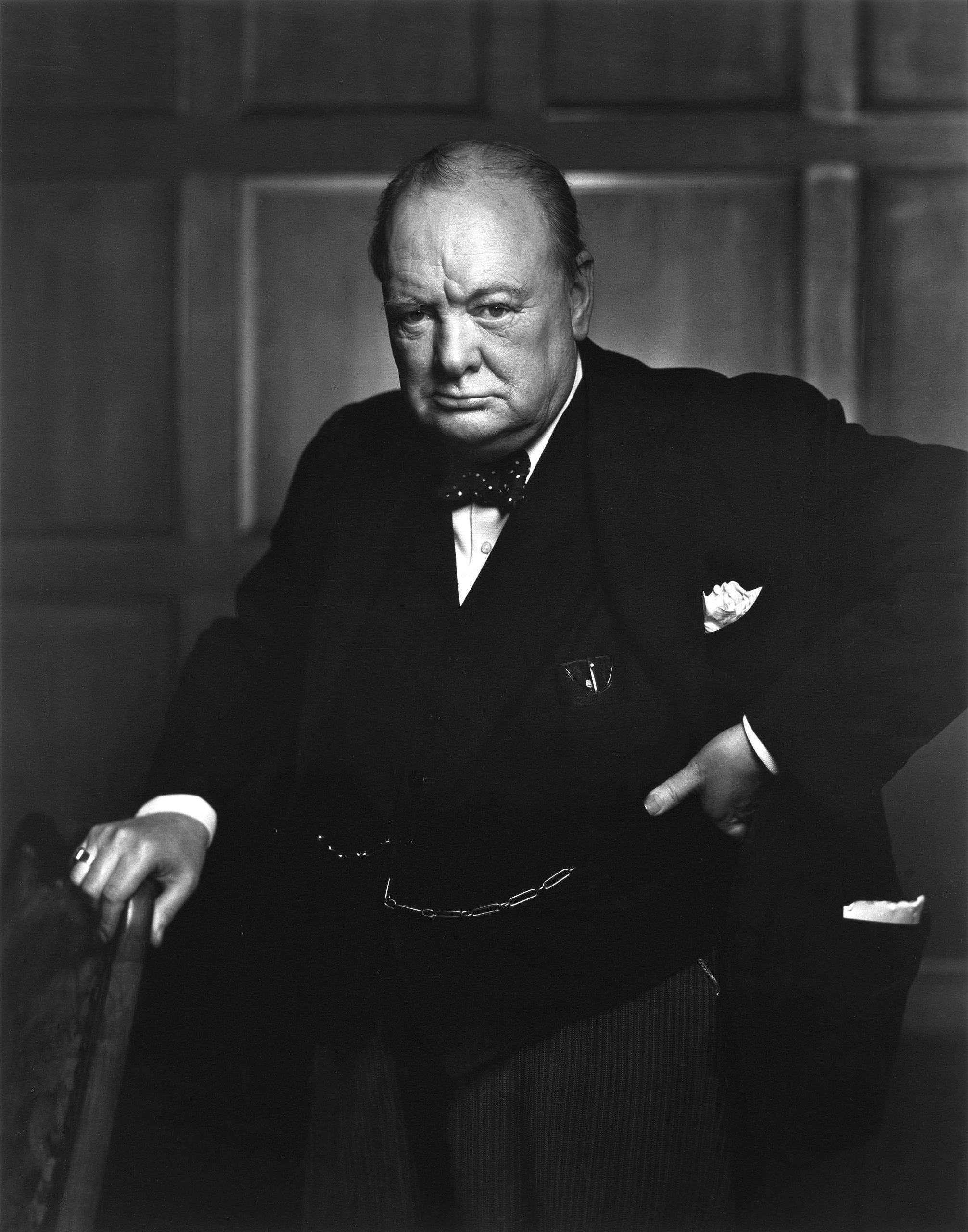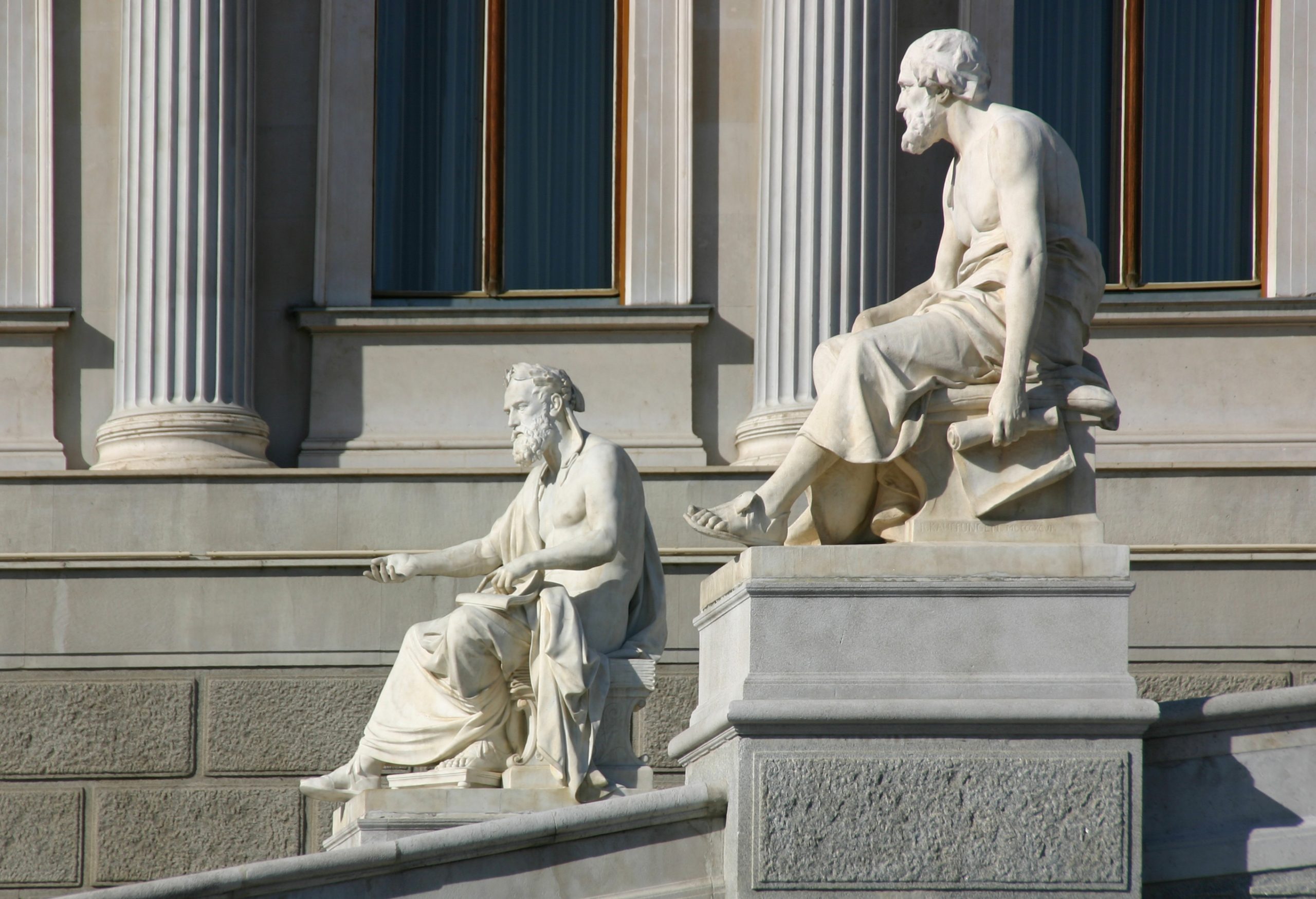In another recent book and article, Geoffrey Gresh has addressed what he characterizes as the real competition that has emerged in recent years across maritime Eurasia between the continent’s main rivals—China, Russia, and India—as they vie to achieve great power status and to expand beyond their regional seas. He argues that the rising competition will dominate and shape the upcoming century as each power increases its geoeconomic, geopolitical, and naval embrace of maritime Eurasia from the Baltic, Black, and Mediterranean Seas to the Indian Ocean, Pacific Asia, and the Arctic. In his introduction, he reviews the relevance of Mahan and Corbett to this discussion. But in Gresh's view, what Mahan and geographer Nicholas Spykman never imagined was the melting of the Arctic, the subsequent growing unification of maritime Eurasia’s disparate regions, and the emerging competition between Eurasia’s land powers at sea.
That said, Gresh contends that the study of Mahan does have its utility in this context. None of the three Eurasian land powers he examined have achieved global maritime dominance similar to that of the United States today or Great Britain at the end of the nineteenth century, but the work of Mahan in his opus The Influence of Seapower upon History, 1660–1783 helps contextualize those characteristics that assist a great power in achieving global preeminence on the high seas.



